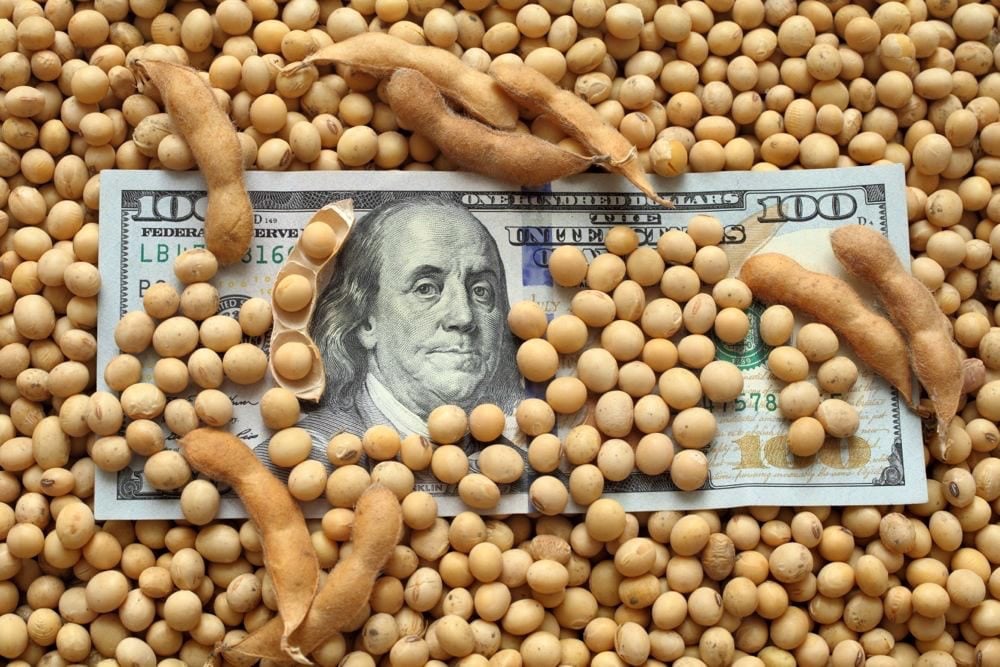ICE Futures canola contracts trended higher over the course of the week ended Jan. 25, as the market saw a chart-based recovery off of the yearly lows hit the previous week. However, canola remains rangebound and sluggish overall, largely taking its influence from activity in outside commodity and financial markets.
Trade uncertainty kept a cautious tone in the canola market, with exporters wary about future business given the ongoing diplomatic dispute between Canada and China. Trade relations between the U.S. and China also remain questionable, although meetings between the two sides are scheduled.
Read Also

Canola market finds upside as U.S.-Canada trade talks restart
Biofuels inclusion in U.S. “Big Beautiful Bill” thought to be a silver lining for Canadian canola in the first week of July.
Canadian canola exports fell farther behind the year-ago pace during the week, with 4.8 million tonnes exported to date — about half a million tonnes behind what was exported as of the same point the previous year.
Agriculture and Agri-Food Canada released its first supply/demand estimates for 2019-20 on Jan. 25. The forecast was compiled by its market analysis division, with Statistics Canada’s survey-based acreage estimates not out until the end of April.
Canola area is forecast at 23.1 million acres, up by about 300,000 acres from 2018-19; using average yields, that would see production of 20.5 million tonnes. With only minor adjustments in the early export and domestic usage forecasts compared to the current crop year, AAFC forecasts carryout canola stocks at the end of the 2019-20 marketing year of 2.3 million tonnes. That would be right in line with the expectations for 2018-19, but slightly behind the 2017-18 ending stocks of 2.5 million.
While canola supplies are expected to remain large through the next year, average prices could see an improvement. AAFC is forecasting average prices in the $510-$550 per tonne range for 2019-20, which would compare with the $495-$535 range this year.
Data pipe unblocked
In Chicago grains and oilseeds, soybeans and corn held rangebound during the week, with a bias to the upside in beans and to the downside in corn.
The month-long U.S. government shutdown came to an end late Friday, Jan. 25, as President Donald Trump announced the government would reopen for three weeks while efforts were made for longer-term solutions. The resumption of U.S. Department of Agriculture reporting will come as welcome news to grain traders, who had been lacking export and supply/demand information.
Beyond the trade and political news, the grain markets also continue to keep a close eye on South American weather. Brazil’s soybean harvest is in its early stages, with dryness cutting into yield prospects in some areas. Meanwhile, excessive moisture in parts of Argentina is leading to its own set of concerns.
Wheat futures were up and down during the week, holding steady overall. There are signs that U.S. wheat is starting to pencil out more favourably on the global export market, which could lend some more strength if the end of the government shutdown comes with confirmation of actual business. Talk that Russian wheat exports may finally be slowing down was also supportive.



















